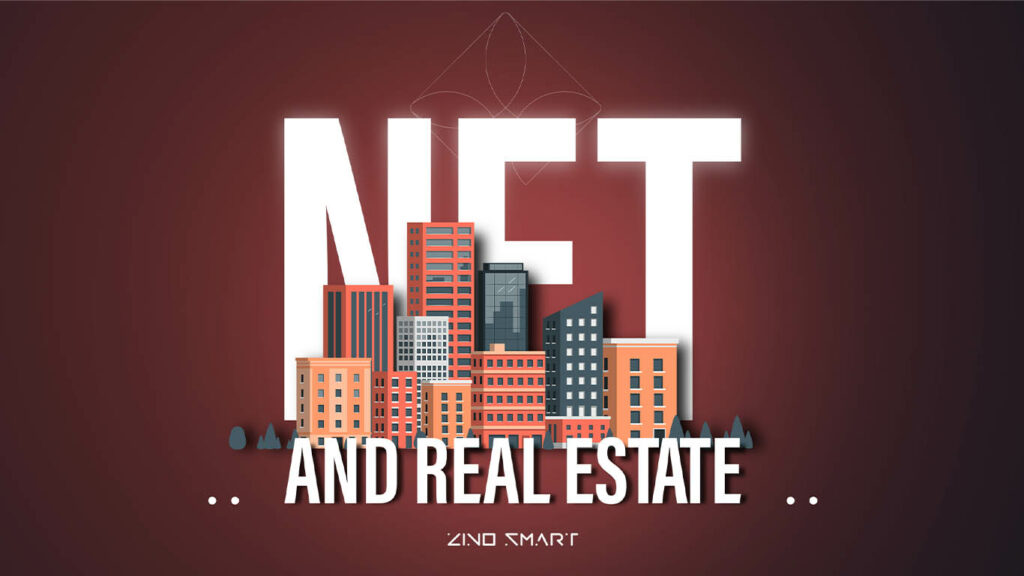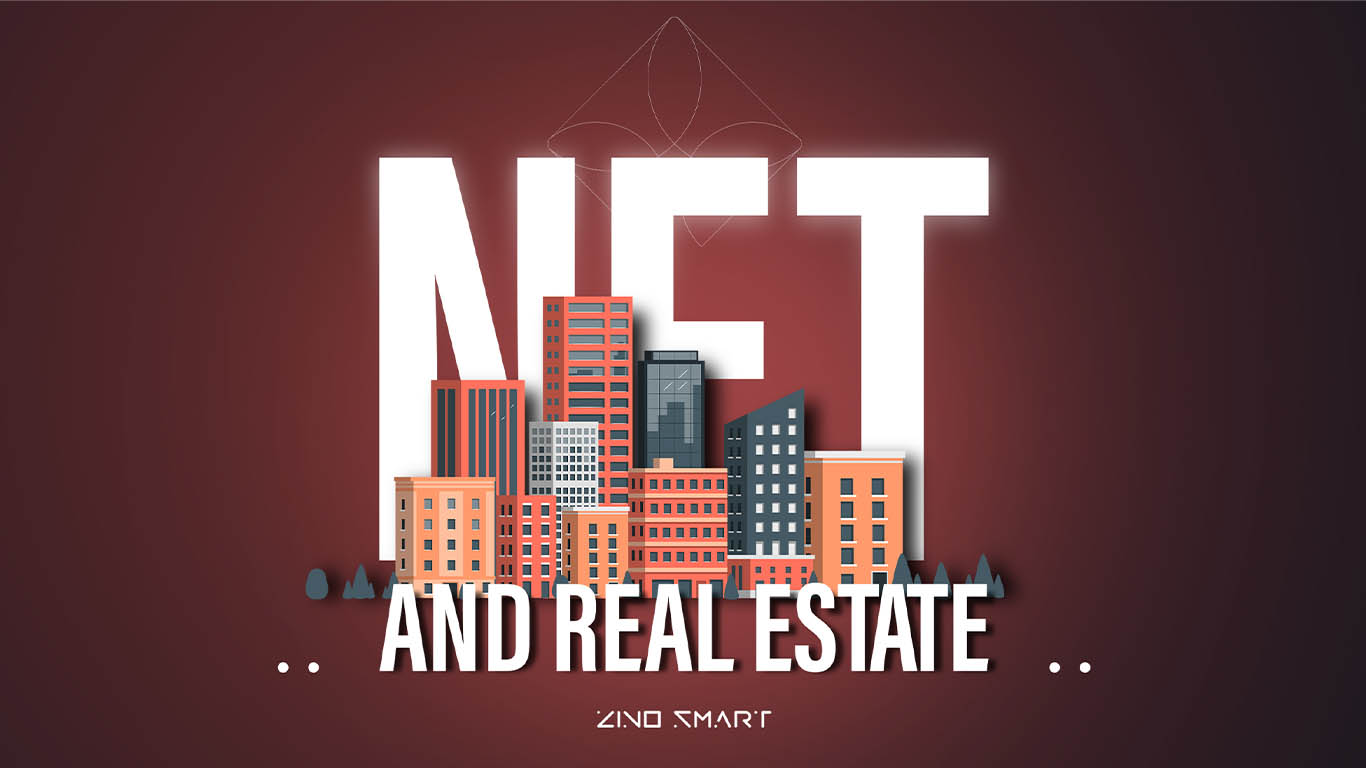NFT and Real Estate: Cryptocurrencies and blockchain technology are gradually transforming markets – and the real estate sector is no exception. With such innovations taking place, there will be an abundance of new opportunities and trends you need to be aware of as an aspiring investor – NFTs, surprisingly, topping that list.
NFT and Real Estate
You’ve most probably already heard of NFTs, “non-fungible tokens”, disrupting the digital art scene lately. But what you aren’t aware of is how NFTs will be a game-changer in the real estate industry.
NFTs are ultimately impacting the design of physical assets in real life. NFTs will radically change how goods and services will be exchanged and marketed. Here’s how NFTs are advantageous to the real estate industry, keeping in mind some downsides.
NFT and the Metaverse
NFTs and the metaverse are pretty much connected. NFTs can be displayed or used in the metaverse, like buying a piece of clothing for your avatar via an NFT, or a house/plot of land via an NFT ownership token. For example, people would sometimes buy land outright rather than as an NFT.
Virtual real estate in the metaverse has designated parcels within the space. And there is a limit on the number of parcels available on each platform- which leads to a shortage of land just like how it is for real estate in real life.
For example, Decentraland has 90,601 individual lots, each traded as a type of NFT called LAND and purchased using a cryptocurrency called MANA.
Advantages of NFTs
Unlike cryptocurrencies, NFTs are non-fungible tokens, meaning they can be used to identify unique items in the digital world. Essentially, every piece of digital art or real estate in NFTs is attached to a unique number that is stored on the blockchain.
Each token can then be sold to pass on ownership of the digital asset while assuring originality. Not only that, but NFTs’ also enables the original creator to still financially benefit via a cut of any future sales of the NFT.
With NFTs, each virtual asset has a collectible value which makes it easier to undergo fractional ownership.
smart crowd
Similar to real estate crowdfunding platforms, such as smart crowd. ae, in the metaverse, you can sell your property to a large pool of investors by issuing tokens on the blockchain. Investors can then earn rental income by holding these tokens and splitting the capital appreciation profit when selling.
The metaverse has a huge advantage over physical spaces in the fact that it can reach more people. When you are allowing fractional ownership of virtual property, a wider mass is gaining accessibility to real estate investing.
So, the metaverse isn’t only a virtual space for socializing with people all around the world at any time, but also represents great profit potential for businesses.
Disadvantages of NFTs
Typically, investment in any new technology, or asset class carries a new set of risks. It’s important you always consider the downsides to avoid any mishaps. While NFTs offer an effective solution for unlocking capital in real estate, there is skepticism around the level of control the investor has over the property.

NFT and Real Estate
For example, some may argue that in cases where an NFT token holder has enough tokens, he can force people to sell their property.
This puts residents of the property under stress and at extremely high risk of unwillingly losing ownership of the asset. But if you also consider it from the other perspective, could people living in that property reside in it forever if the property isn’t controlled by any token holders?
Other concerns stem from payment issues, such as failing to pay the NFT mortgage or the method of payment collection. The volatile nature of cryptocurrencies could also create major fluctuations in asset value as well. So, just like anything new, there are always some potential risks you need to be aware of as an investor. Always take your time in performing the necessary due diligence.




One reply on “NFT and Real Estate”
[…] Real Estate […]